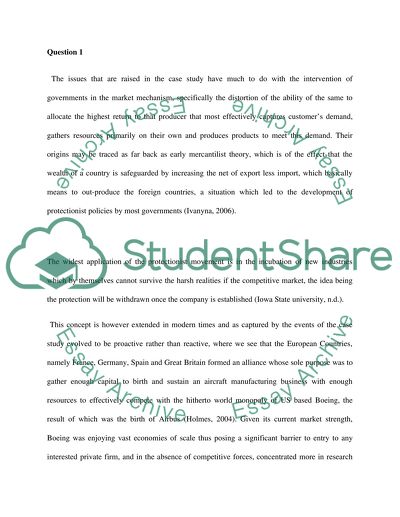Cite this document
(“International Business and Trade. WTO Essay Example | Topics and Well Written Essays - 1500 words”, n.d.)
International Business and Trade. WTO Essay Example | Topics and Well Written Essays - 1500 words. Retrieved from https://studentshare.org/miscellaneous/1501184-international-business-and-trade-wto
International Business and Trade. WTO Essay Example | Topics and Well Written Essays - 1500 words. Retrieved from https://studentshare.org/miscellaneous/1501184-international-business-and-trade-wto
(International Business and Trade. WTO Essay Example | Topics and Well Written Essays - 1500 Words)
International Business and Trade. WTO Essay Example | Topics and Well Written Essays - 1500 Words. https://studentshare.org/miscellaneous/1501184-international-business-and-trade-wto.
International Business and Trade. WTO Essay Example | Topics and Well Written Essays - 1500 Words. https://studentshare.org/miscellaneous/1501184-international-business-and-trade-wto.
“International Business and Trade. WTO Essay Example | Topics and Well Written Essays - 1500 Words”, n.d. https://studentshare.org/miscellaneous/1501184-international-business-and-trade-wto.


